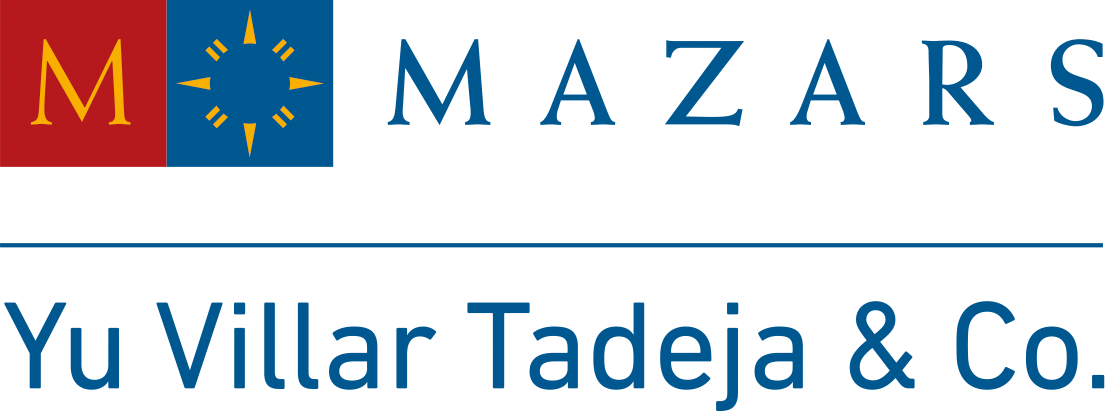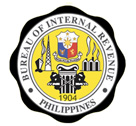News and Events » The case for outsourcing
By Jessie C. Carpio
MANILA, Philippines - Outsourcing (“resourcing” to some) has been adopted widely by companies in North America but has only been embraced tentatively, if not held off cautiously, by local companies. Many local companies look at outsourcing as simply handing over somebody’s job, usually in accounting or payroll, to an outside service provider. In most cases, cost- benefit analysis is limited to comparing salaries saved with the service provider’s fees.
MANILA, Philippines - Outsourcing (“resourcing” to some) has been adopted widely by companies in North America but has only been embraced tentatively, if not held off cautiously, by local companies. Many local companies look at outsourcing as simply handing over somebody’s job, usually in accounting or payroll, to an outside service provider. In most cases, cost- benefit analysis is limited to comparing salaries saved with the service provider’s fees.
A better way to do the analysis is to weigh three compelling reasons why a company should outsource payroll and accounting functions. I call them the “Three Cs.”
First is cost savings. Outsourcing’s benefit to a company goes beyond a reduction in the cost of basic salary. An employee’s total salary costs include a package of mandated and voluntary benefits, from the relatively small items such as social security premiums and paid leaves to bigger fringes such as bonuses and retirement packages, the amount of which can vary greatly with the employees’ positions. If the position is still nonexistent, (as in a start-up company, for example) or is to be eliminated, calculation of cost savings should include the hardware like computers assigned to the person and of course the related software costs. The work area that would have been allocated to the prospective employee could be put to more productive use. It may even be argued that lease cost is decreased and consumption of office supplies and utilities is reduced.
Outsourcing brings convenience to the company. As most business and management gurus would preach, management’s focus should be on the company’s core business. This means focusing on marketing, operational efficiencies and service delivery. Backroom functions such as accounting and payroll processing are nonessential activities and should not use management’s precious time. Accounting and payroll, however, are the core activities of an outsourcing service provider. These service providers make it their business to focus on the operational efficiencies and service delivery of accounting and payroll. To quote Jack Welch “Your back room is somebody else’s front room.”
In addition, there are trivial matters, such as getting SSS numbers and BIR tax identification numbers (a big issue for many call centers and multinational BPOs where personnel turnover can be as high as 200 a month), and the regular monthly filings with the SSS and the monthly, quarterly and annual filings with the BIR that can be better handled by an outsourcing service provider. More importantly, outsourcing guarantees a steady and timely delivery of service. If, for example, the person in charge of payroll in a company gets sick or goes on leave, delivery of service may be halted. If the person resigns, there is the costly period of adjustment and training. On the other hand, a service provider has a pool of resources that can handle precisely these kinds of emergencies.
This brings me to the third C - competent resources of the service provider. When some companies decide to outsource, their instinct is to choose the service provider with the lowest fee. But to their dismay, these service providers oftentimes fail to deliver. The service provider may have quoted a low fee not necessarily because of its efficient operation, but because it has a lower operating cost: the service provider may be operating from a residence and employing people who are not properly paid nor trained.
Business ( Article MRec ), pagematch: 1, sectionmatch: 1
Selecting a service provider is critical. One must ask for the client portfolio of the service provider, the staff turnover, the experience of management, the number of staff, the range of services offered, and if the provider has a help desk. A visit to the service provider’s office is also important. Some service providers really do operate from the owner’s home.
Since 2005, accounting standards have changed drastically. There are several new accounting principles, and there are more in the pipeline. Is the service provider capable of capturing all these changes? Does the service provider inform the company on a timely basis about the effects of these changes on the financial statements of the company? New tax rules and regulations are issued regularly. Was, for example, the company informed of the optional standard deduction (OSD) when it was adopted by the BIR and was it shown a computation that using the regular tax rate would be more beneficial to the company?
If, after considering these three Cs-cost savings, convenience, competent resources— there is still fear or trepidation to go ahead and outsource, I suggest that the company take small steps by initially outsourcing only its executive or management payroll. The executive or management payroll is usually handled by the CFO or the highest officer in the accounting department. That officer can use his time more productively by focusing on business strategy rather than computing payroll. Secondly, handling the payroll processing in-house may result in disclosure of highly confidential information to employees transacting business with Accounting: these people may inadvertently get to see strictly confidential payroll data or information.
Give outsourcing a try, and if the experience with outsourcing management payroll turns out to be satisfactory, outsourcing of other nonessential activities (to the company) may follow. Who knows, this tentative embrace of outsourcing may turn into a warm hug.
The author is a Partner with the Business Support Services Division of audit, tax and advisory firm Punongbayan & Araullo.
Source: http://www.philstar.com/business-usual/492134/case-outsourcing
Source: http://www.philstar.com/business-usual/492134/case-outsourcing
Contact Us
Abuel Yu Villar & Co.
Penthouse VGP Center
6772 Ayala Avenue, Makati City 1226 Phils.
Tel No. (632) 864-0896
Fax No. (632) 751-3287
Mobile (63) 917-897-1892
Email: info@ayv-ph.com






